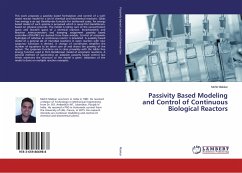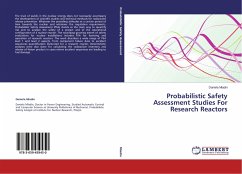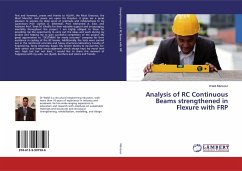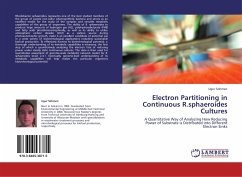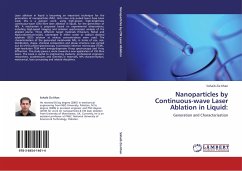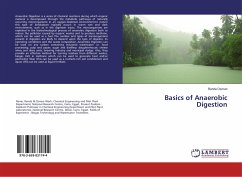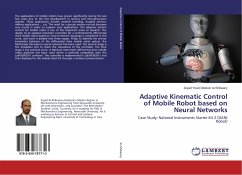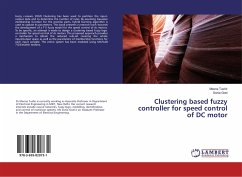This work proposes a passivity based formulation and control of a well-mixed reactor model for a set of chemical and biochemical reactions. Gibbs free energy is an apt Hamiltonian function for isothermal cases. An energy based model of such systems is proposed which is quasi Port-Hamiltonian, based on physical grounds. The model is taking care of the concentration space and reaction space of a chemical reaction. Stoichiometric and Reaction interconnection and damping assignment passivity based controllers (IDA-PBC) are derived from these models. Control of enzymatic hydrolysis of cellulose in continuous reactor is simulated. A passivity based model of a general set of microbial reactions in open reactors with new Lyapunov functions is derived. A change of coordinates simplifies the number of equations to be taken care of and shows the passivity of the system. The Lyapunov functions are in close proximity with the Gibbs free energy function used in Port-Hamiltonian model of enzymatic reactions. A general method of generating an adaptive passivity based control law which maintains the structure of the model is given. Validation of the model is done on multiple reaction examples.
Bitte wählen Sie Ihr Anliegen aus.
Rechnungen
Retourenschein anfordern
Bestellstatus
Storno

